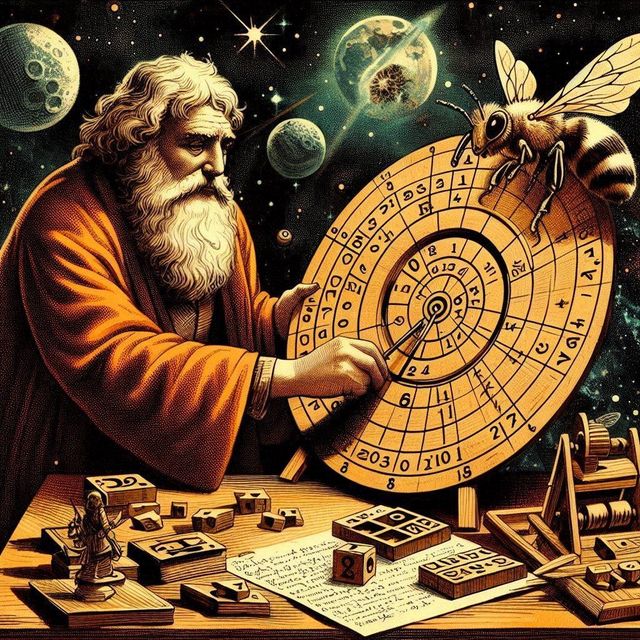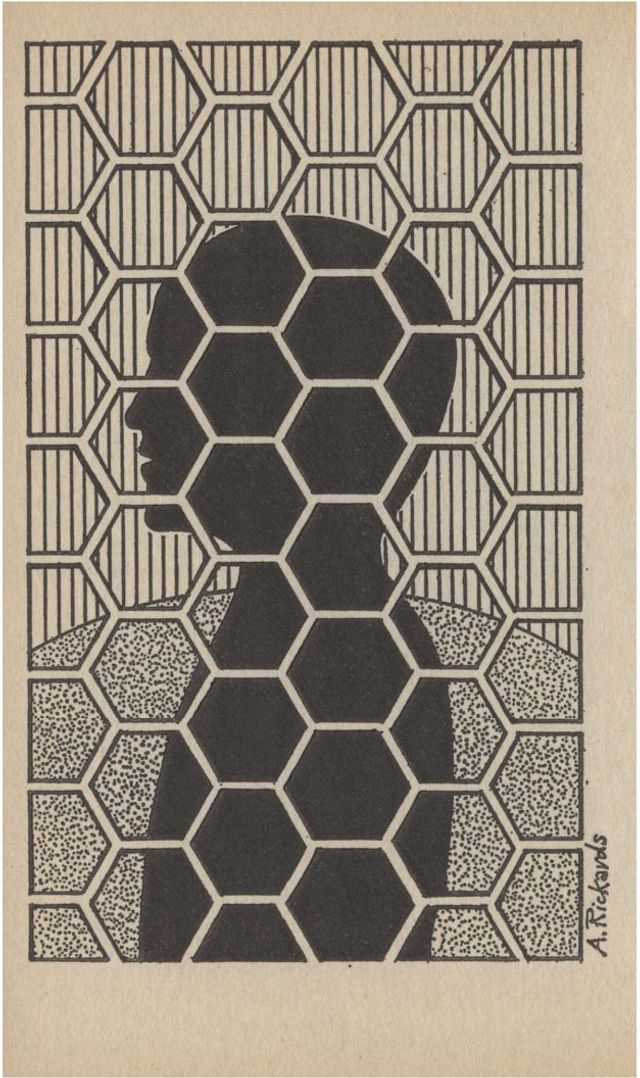-
Vijay Fafat
- Published on
A traveler marooned on a planet, part of which is populated by giant bees which collect the “nectar of knowledge” and make “honey of experience” out of that nectar. The story has a slight Edgar Rice Burroughs feel to it (and could easily have become a good pulp novel if expanded).
I found a fairly poetic ending in his two lines:
“one does not expect insects to be intelligent […] even when endowed with analytical powers greater than our own”
and
“how else can one describe creatures of such prodigious knowledge and such negligible understanding?”
(reminiscent of one who knows the price of everything but the value of nothing).
Math appears in a few different places. The narrator tries to use geometrical figures to convey to the bees that he understands math. When this fails, he builds an “Arithmetical Demonstrator” to communicate with the bees (but ends up having a discourse with a native fly which turns out to have a powerful computing mind “possessing the type of brain that the human race produces perhaps once in a couple of centuries”. In their first “discussion”, the fly surprises him by showing that it understands not just addition but also the power operation). The bees are said to be interested in mathematics which has a definite largest positive number called “Hyper-One”. I’m not sure why he’s so enthralled by this, for he seems to be describing a modified form of modular arithmetic. In any case, I really liked the story. It should have been set in a much longer format.

